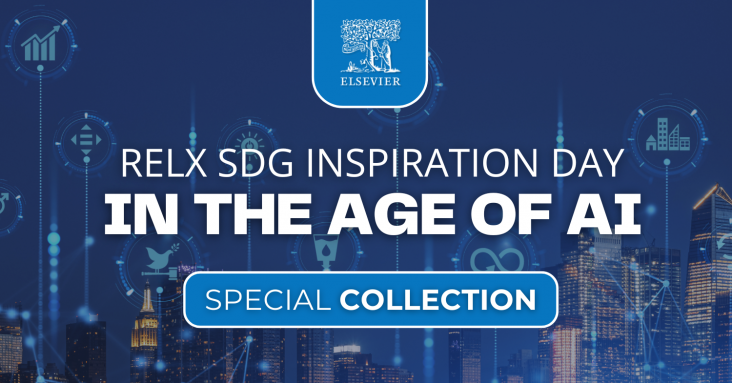This article presents a comprehensive network and resource dependency model for the Early Neolithic period in western Europe, focusing on the Blicquy/Villeneuve-Saint-Germain (BVSG) cultural complex.
Climate Change and Circular Economics: Human Society as a Closed Thermodynamic System, 2024, Pages 131-165
The content aligns with UN SDG 13 (Climate Action) by analyzing temperature and precipitation data to assess climate change risks, map hazard risks related to floods, droughts, snow, and freezing events, and calculate associated damage, while also indirectly supporting SDG 15 (Life on Land) by evaluating the impact on various regions and ecosystems.

Future Food Systems:Exploring Global Production, Processing, Distribution and Consumption, 2024, Pages 177-190
The study demonstrates that natural levee evolution in the central Kanto Plain is controlled by river migration and sea-level fluctuations, which are influenced by climate change, providing insights that can inform climate action.


